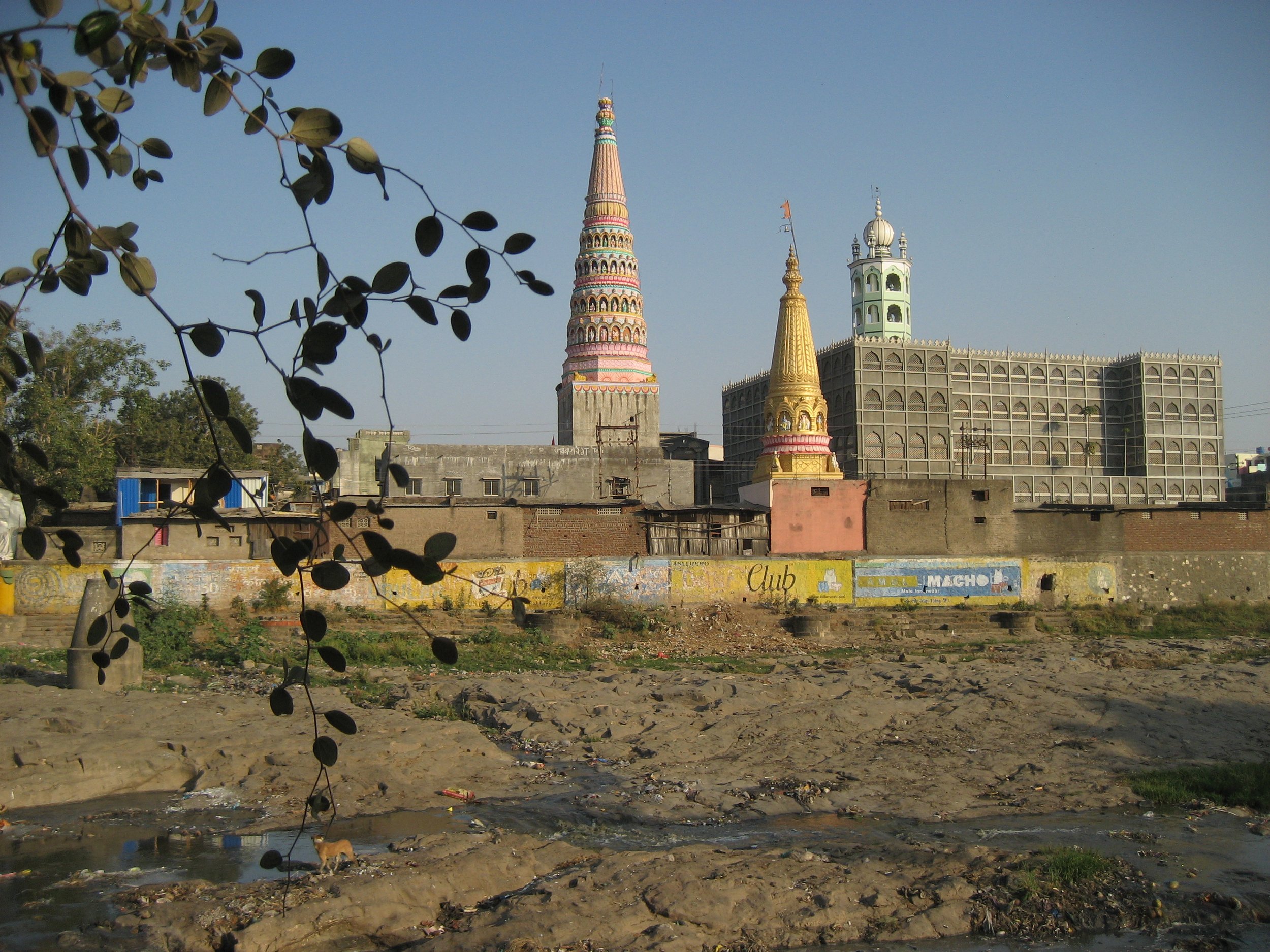HEA online resource on negotiating difference for fieldworkers
I have recently been commissioned by the Higher Education Academy in the UK to create an online resource for fieldworkers in GEES (Geography, Earth and Environmental Sciences) on negotiating differences during fieldwork. This resource is intended to support both human and physical streams within GEES for staff and students undertaking fieldwork where they might face significant social or cultural differences and have to negotiate these during their time in the field. Fieldwork here includes physical visits to particular places in order to collect data, virtual fieldwork (eg interviews via Skype) and fieldwork supervision from a distance. The online resource will identify key issues and offer advice to staff and students seeking to undertake fieldwork in either the Global North or South, highlight current challenges, identify training needs and give examples of good practice and case studies from successful negotiations of social and cultural differences in the field.
The completed resource is here HEA resource-Negotiating Difference
The Request for Case Stories that I circulated earlier is below. 1. Contact details (Name and email): 2. School/University: 3. Student (ug year 3, pg or PhD) OR Staff (research fellow/associate, lecturer/Asst prof, senior lecturer/reader/assoc prof, prof): 4. Discipline (human/physical geography, geology or environmental science): 5. Fieldwork dates and destination (place, country): 6. No. of working days in the field (excluding travel and rest days): 7. Brief description of the fieldwork activity: 8. What were the challenges in negotiating difference (e.g. sacred spaces, religious holidays and festivals, accessibility, dress codes, etc) during fieldwork? 9. How did you un/successfully negotiate these differences? (eg how did you make ‘reasonable adjustments’, and what did you do to overcome problems) 10. Are there any specific research training needs arising out of this experience? 11. Could negotiation of difference become part of the learning outcomes of fieldwork? If so, how? 12. Are there any institutional/bureaucratic changes required (such as ethical review procedures, risk assessment and informed consent) in order to make fieldwork more inclusive of those who conduct it and in the places it is conducted? 13. If applicable, suggest what specific lessons are there for fieldwork in the natural (earth and environmental) sciences.

